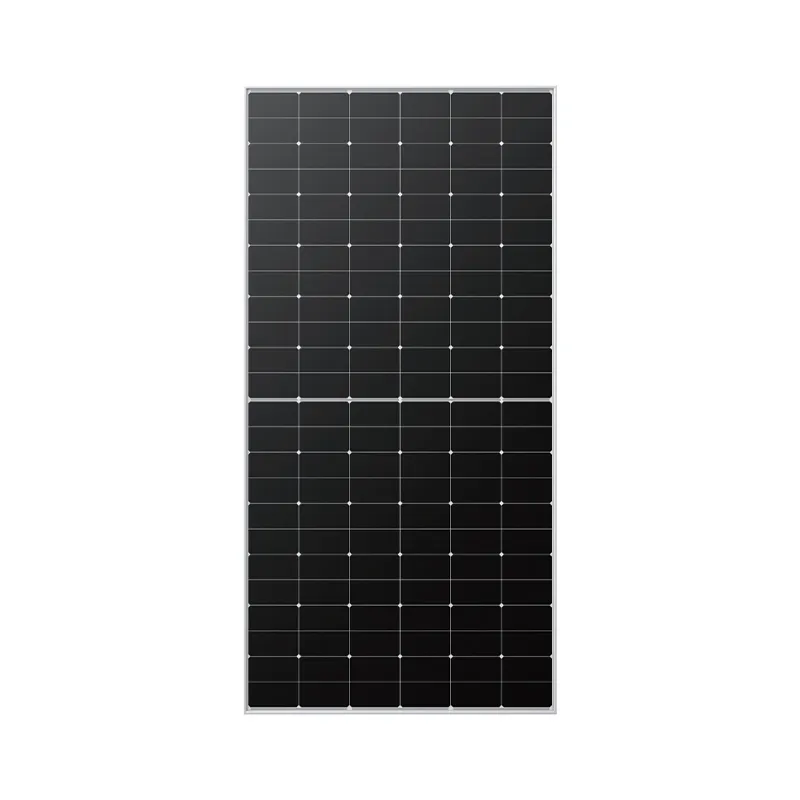Affordable Complete Solar Solutions for Off-Grid Living and Sustainable Energy Needs
Going Off the Grid Exploring Off-Grid Solar System Packages
In recent years, the focus on renewable energy has surged, with solar power leading the charge. Off-grid solar systems have become increasingly popular as individuals and families seek sustainable solutions for their energy needs, particularly in remote or rural areas where traditional energy sources are unreliable or non-existent. This article explores off-grid solar system packages, their components, benefits, and considerations for those looking to embrace this sustainable lifestyle.
What Is an Off-Grid Solar System?
An off-grid solar system is a stand-alone solar energy setup that generates and stores electricity independently of the utility grid. These systems are designed to supply power to homes, cabins, and other facilities, allowing users to harness solar energy directly for their needs. Unlike grid-tied systems that rely on electricity from the grid, off-grid systems incorporate energy storage components, enabling users to utilize solar power at night or during cloudy days.
Components of Off-Grid Solar System Packages
1. Solar Panels The heart of any solar system, these panels convert sunlight into electricity. Off-grid packages typically include high-efficiency solar panels, often rated between 250 to 400 watts, to meet various energy requirements.
2. Inverter An essential component, the inverter transforms the direct current (DC) produced by the solar panels into alternating current (AC), which is used by most household appliances.
3. Batteries Energy storage is crucial in off-grid systems. Deep cycle batteries store excess power generated during sunny days for use when sunlight is scarce. Lithium-ion batteries and lead-acid batteries are common choices, each with its advantages and drawbacks.
4. Charge Controller This device regulates the voltage and current coming from the solar panels to ensure batteries are charged properly without overcharging or overheating.
5. Mounting Equipment Solar panels need to be securely mounted on roofs or ground installations. Off-grid packages often include mounting brackets and hardware for installation.
6. Wiring and Safety Equipment Proper wiring is crucial for safety and efficiency. Off-grid packages usually encompass all necessary cables, connectors, and safety devices, such as fuses and circuit breakers.
Benefits of Off-Grid Solar Systems
1. Energy Independence One of the primary advantages of going off-grid is energy independence. Homeowners are no longer reliant on traditional utility companies or susceptible to rising energy costs, making them less vulnerable to power outages and fluctuations.
off grid solar system packages

2. Environmental Impact Harnessing solar energy greatly reduces carbon footprints and reliance on fossil fuels. Transitioning to off-grid solar systems contributes to a more sustainable, eco-friendly lifestyle.
3. Remote Living For those living in remote areas where power lines do not reach, off-grid solar systems provide an effective solution for reliable energy.
4. Long-term Savings Although the initial setup cost can be higher than traditional systems, off-grid solar installations often lead to significant savings over time. Once installed, the cost of maintaining a solar system is relatively low compared to monthly energy bills.
5. Resilience and Preparedness Off-grid solar systems enhance resilience during emergencies or natural disasters when power supplies may be disrupted. They ensure that essential systems remain operational, providing peace of mind to off-grid homeowners.
Considerations Before Going Off-Grid
Before investing in an off-grid solar system, prospective buyers should consider several factors
1. Energy Needs Assessment Understanding daily energy consumption is crucial. Homeowners can use energy calculators to determine the sizes of the solar system and battery storage required.
2. Location and Sunlight Exposure The geographic location plays a significant role in system efficiency. Factors such as shading from trees or buildings, average sunlight hours, and seasonal variations can impact energy production.
3. Budget Initial costs can vary significantly based on the components chosen, installation services, and battery storage options. It’s advisable to compare different packages and financing options.
4. Regulations and Permits Local regulations and building codes may influence whether off-grid solar systems are allowed. Researching these requirements can help avoid potential legal challenges.
Conclusion
Off-grid solar system packages represent an innovative and sustainable approach to energy independence. With the right components and careful planning, individuals can successfully transition to off-grid living, enjoying the benefits of renewable energy while minimizing their environmental impact. As technology advances and costs decrease, off-grid solar systems will likely become even more accessible, empowering more people to live sustainably and autonomously.
-
String Solar Inverter: The High-Efficiency Solution for Smart Solar EnergyNewsJul.14,2025
-
Revolutionizing Rooftop Energy with the Power of the Micro Solar InverterNewsJul.14,2025
-
Power Independence with Smart Off Grid Solar Inverter SolutionsNewsJul.14,2025
-
On Grid Solar Inverter: Powering the Future with Smart Grid IntegrationNewsJul.14,2025
-
Monocrystalline Solar Panels: High-Efficiency Power for the Future of Clean EnergyNewsJul.14,2025
-
Bifacial Solar Panel: A Smarter Investment for Next-Generation Energy SystemsNewsJul.14,2025







